Resolution #419
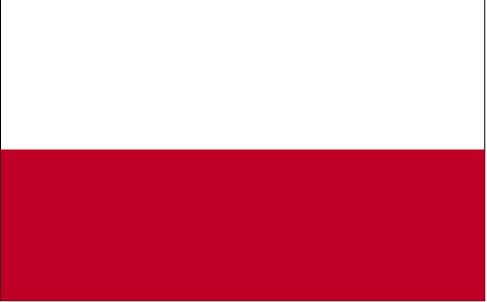 |
The question of improving third level institutions in LEDC’s. |
| Committee: SOCHUM | |
| Main Submitter: Poland | |
| Submitted: 14/02/2025 21:01 |
| Status |
|---|
| Passed cosubmitter sheet validation |
| Approved by approval panel |
| Selected for debate by secretariat |
| Failed by committee (SOCHUM) |
Committee Voting
| For: | 9 |
| Against: | 33 |
| Abstentions: | 11 |
Options
Co-submitters
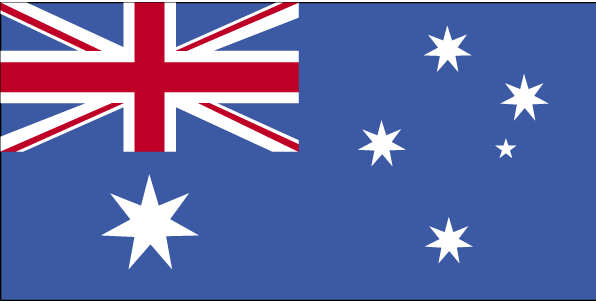 | Australia |
 | China |
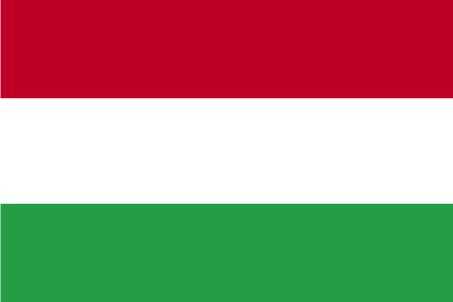 | Hungary |
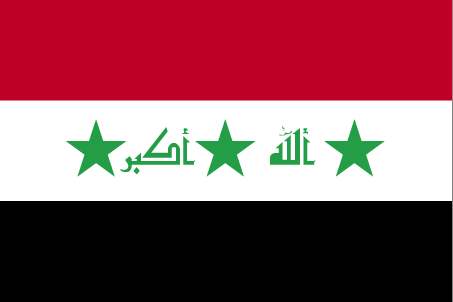 | Iraq |
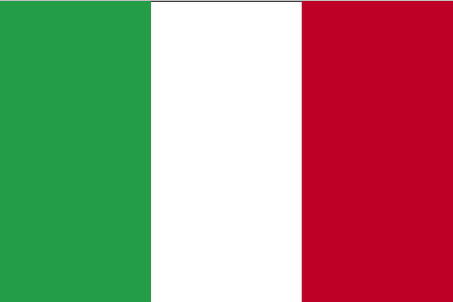 | Italy |
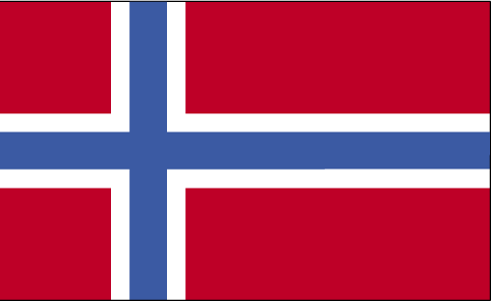 | Norway |
 | Poland |
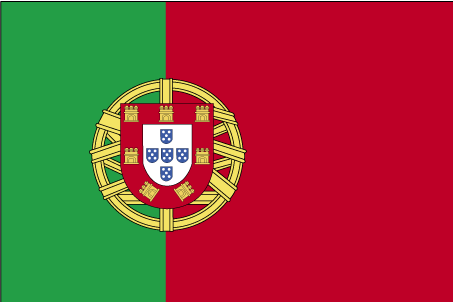 | Portugal |
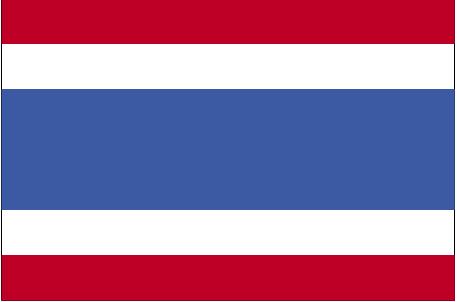 | Thailand |
 | United Kingdom |
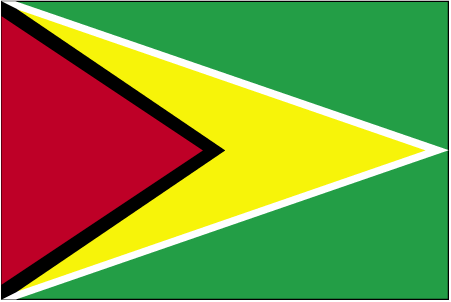 | Guyana |
Resolution
FORUM: The Social, Humanitarian & Cultural Committee (SOCHUM)
QUESTION OF: Improving third level institutions in LEDC’s
SUBMITTED BY: Poland
CO-SUBMITTED BY: Canada, Hungary, Thailand, Norway, Australia, Slovakia, China, Italy, Iraq, Portugal
THE SOCIAL, HUMANITARIAN & CULTURAL COMMITTEE,
Emphasizes the importance of fostering equitable curricula that addresses the needs and challenges of less economically developed countries (LEDC’s),
Reaffirms that the right to education is enshrined in the Universal Declaration of Human Rights,
Acknowledging that third-level institutions in less economically developed countries (LEDC’s) often face significant challenges like insufficient funding and limited access to quality resources,
1. Encourages the improvement of third level institutions in less economically developed countries (LEDC’s) through international cooperation via:
a. Supporting the establishment of joint research projects, exchange programmes and student scholarships between universities in less economically developed countries by:
i. Establishing a school to take exams in
ii. Having tests and auditions done to find the students that are talented and have the potential to IVY league schools
iii. Allocating resources and funds to establish long-term partnerships between willing third level institutions and third level institutions in LEDC’s to develop curriculums and enhance research capabilities
b. Assisting the exchange of practices between third level institutions and LEDC’s to ensure that the quality of education given is up to par by:
i. making sure international students have a smooth and easy transition to their new surroundings
ii. helping LEDC’s by guiding them during the process of adopting electronic learning devices and digital learning platforms
c. Establishing collaborative programs and satellite campuses of willing accredited universities in LEDC
2. Suggests the establishment of the United Nations (UN) Forum on improving third level institutions in LEDC’s in order to provide a public meeting place for open discussion by:
a. Ensuring annual assemblies through:
i. determining a meeting place according to the place of the countries city center
ii. mandating that the forum be held annually under the aegis of the United Nations with rotating host countries to ensure global representation
iii. setting a prearranged timeline to ensure that participants participate effectively
b. Inviting international organizations, academia, government representatives and experts to foster an environment that is ideal for discussion and the sharing of best practices;
3. Requests the establishment of a non-governmental organization called “International Higher Education Development (IHED)” that will focus on improving third level institutions in LEDC’s by:
a. Promoting equitable education systems that aligns with the United Nations Sustainable Development Goal 4 (Quality Education)
b. Seeking funding from willing relevant organizations, governments, donors and foundations to ensure sustainable operations
c. Collaborating with international bodies that already exist like The United Nations Educational, Scientific and Cultural Organization (UNESCO) for resources and expertise
d. Publishing monthly reports to highlight achievements and challenges along with recommendations for future initiatives for the purpose of monitoring how well the non-governmental organization is going
e. Advocating for increased international attention for higher education in LEDC’s through campaigns led by:
i. renowned experts and academics
ii. high-profile celebrities
iii. respected policy makers and leaders;
4. Calls for the development of international mentorship and training programs to support faculty and academic staff in LEDCs by:
a. Partnering universities in developed countries with institutions in LEDCs to offer:
i. Faculty exchange programs
ii. Remote and in-person training workshops
iii. Access to advanced research facilities
b. Encouraging knowledge-sharing initiatives through academic conferences and digital collaboration platforms
c. Providing financial support for professors from LEDCs to pursue advanced degrees and research fellowships in developed institutions
5. Recommends the creation of a new UN sub-body named the UN Committee for Widespread Access to Higher Education in LEDCs (UNCAHEL), which will include relevant member states, NGOs, universities, and experts in the field of education with the goals of enhancing access to third level education in LEDCs, through means such as, but not limited to:
a. Providing increased and better accommodation for students and faculty either on campus or within a reasonable distance,
b. To waive or subsidize fees associated third level education in LEDCs
c. Enhancing healthcare services for students through means such as:
i. Medical appointments,
ii. Tests for diseases such as COVID-19, cancers, and STIs,
iii. Providing basic healthcare supplies especially female health supplies and contraceptives,
d. Increasing the availability of safe and nutritious food, water and sanitation through means such as:
i. Food banks and food programs,
ii. Increasing the number of safe water sources on campuses,
e. The supplying of relevant educational equipment such as books stationary, calculators and any other equipment
f. To implement and fund all cluases of this resolution
g. Working in conjunction with the UNSC in order to try and ensure the safety of all faculty and students and the security of educational infrastructure especially in conflict areas